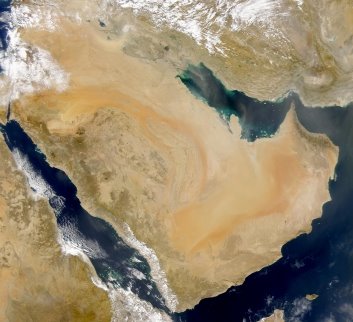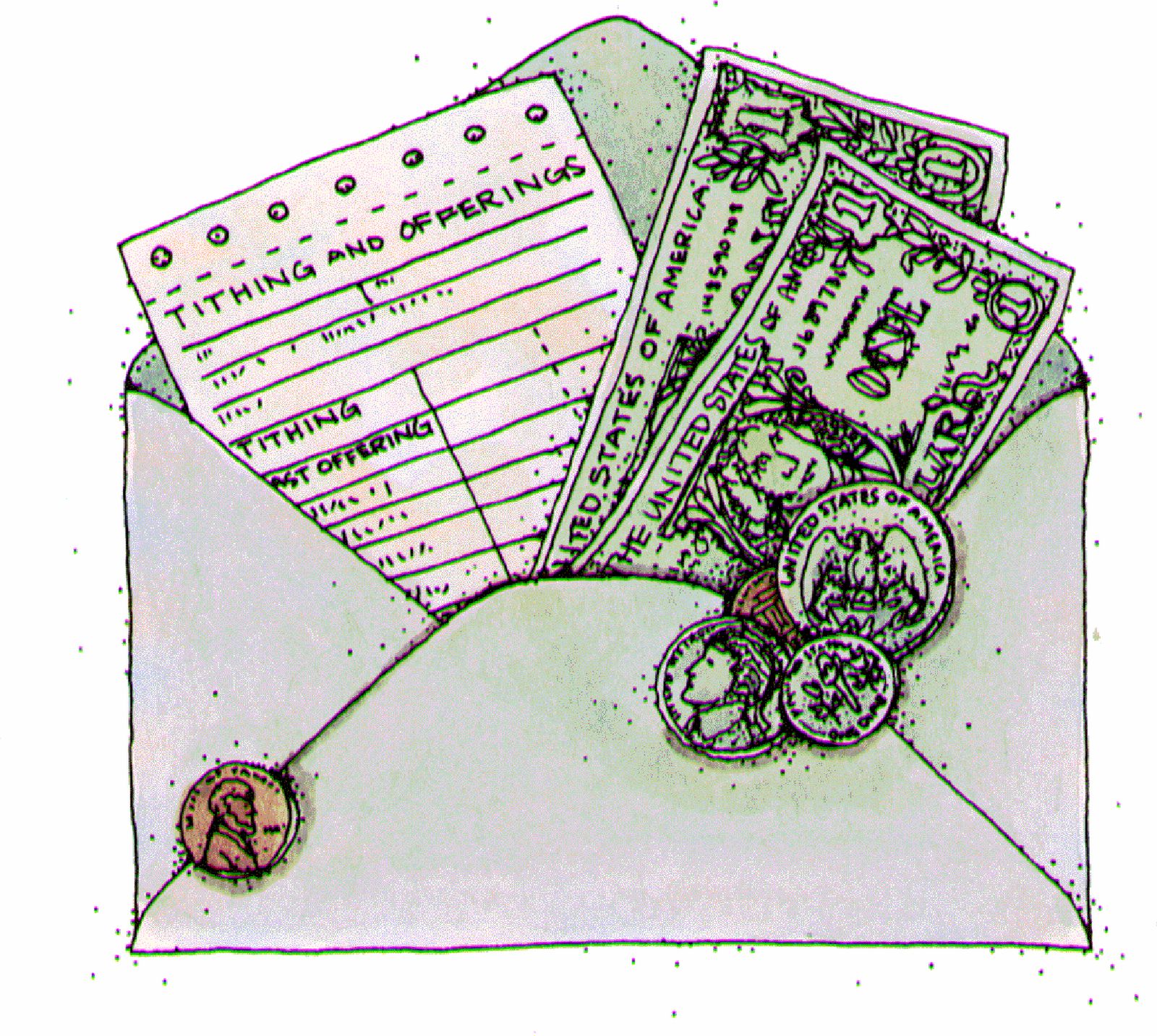I started writing an article on a different topic today, but I couldn’t get my head around it. Every way I phrased my words seemed wrong or incomplete. As we say in the Church, I had a stupor of thought.
I had the feeling to discuss something else:
 Before studying the scriptures this morning, I closed my eyes and offered a silent prayer. Often times (too often) I pray for the same, routine blessings, “bless me with thy spirit, help me understand, give me guidance, etc.” Nothing wrong with any of those things, just that they are so vague and I tend not to think too hard about them.
Before studying the scriptures this morning, I closed my eyes and offered a silent prayer. Often times (too often) I pray for the same, routine blessings, “bless me with thy spirit, help me understand, give me guidance, etc.” Nothing wrong with any of those things, just that they are so vague and I tend not to think too hard about them.
This morning I was about to do the same thing, but I paused and recognized a problem in my life. There is a person I treat poorly. Some would call it a ‘personality conflict,’ but it’s really all about pride. Mine and his. Mostly mine. Problem is (and it really makes me ill to admit), I’ve come to enjoy putting him down, and making him the butt-end of jokes. This morning in my prayer, I asked for the grace to want to love him with a Christ-like type of love.
I opened my Book of Mormon to Mosiah 4 and started reading, but the verses still floated in and out of focus. I’m sure you know the feeling of reaching the end of a page and thinking, “Do I remember anything I just read?” Anyway, I woke myself up enough once I reached Mosiah 4:12, which read,
And behold, I say unto you that if ye do this ye shall always rejoice, and be filled with the love of God, and always retain a remission of your sins; and ye shall grow in the knowledge of the glory of him that created you, or in the knowledge of that which is just and true.
This stuck out to me. It was the exact answer to my prayer, but I had to go back and read the previous verses again to find out what the “this” was that I had to do.
And again I say unto you as I have said before, that as ye have come to the knowledge of the glory of God, or if ye have known of his goodness and have tasted of his love, and have received a remission of your sins, which causeth such exceedingly great joy in your souls, even so I would that ye should remember, and always retain in remembrance, the greatness of God, and your own nothingness, and his goodness and long-suffering towards you, unworthy creatures, and humble yourselves even in the depths of humility, calling on the name of the Lord daily, and standing steadfastly in the faith of that which is to come, which was spoken by the mouth of the angel.
There is a lot there to ponder. What really made me think was that God is greater than us all, and he knows all of our weaknesses, yet he still loves this person I struggle with. Who am I, in my nothingness, an unworthy creature, to maltreat this person? Am I saying that my judgment of the man is better than God’s?
I need to submerge myself in ‘the depths of humility’ before Heavenly Father. It’s very easy to come to this conclusion, but a terrifying and difficult thing to do. It means surrendering what I think is good (or fun or funny) for what I know the Lord desires. It also means trying to see him in a better light and treating him as a child of God, an heir! This particular relationship will take time to mend, but at least it feels good to be heading in the right direction for a change.
If we put a little more thought and effort into our prayers, the answers that come will be more powerful and profound. I know that much is true.
 You are very wise to bring this up, Sherry, because the Book of Mormon is the proverbial keystone in the archway of our religion. If it is a true document with miraculous origins, then Joseph Smith was a prophet and this Church represents the best thing to happen to humanity in thousands of years. If the book was merely dreamed up by Smith, then he was a fraud and got away with one of the biggest, most successful hoaxes ever imagined. The whole Church would crumble. It becomes even more important when we consider that this book is verifiable.
You are very wise to bring this up, Sherry, because the Book of Mormon is the proverbial keystone in the archway of our religion. If it is a true document with miraculous origins, then Joseph Smith was a prophet and this Church represents the best thing to happen to humanity in thousands of years. If the book was merely dreamed up by Smith, then he was a fraud and got away with one of the biggest, most successful hoaxes ever imagined. The whole Church would crumble. It becomes even more important when we consider that this book is verifiable. The early chapters in the Book of Mormon map out a route from Jerusalem, along the Red Sea to a city called Nahom, ending in a lush coastal location where a boat was built to sail to America. The city NHM and the paradise valley are still there today, and exist in exactly the locations on the Arabian peninsula the Book of Mormon describes. Joseph Smith had no access to such information.
The early chapters in the Book of Mormon map out a route from Jerusalem, along the Red Sea to a city called Nahom, ending in a lush coastal location where a boat was built to sail to America. The city NHM and the paradise valley are still there today, and exist in exactly the locations on the Arabian peninsula the Book of Mormon describes. Joseph Smith had no access to such information.
 Many books of scriptures were originally journals of prophets replete with inspired writings. It would be impossible to remember the great words of Isaiah or Ezekiel or Paul if they had not been recorded with good old-fashioned pen and paper. Isn’t it conceivable that your own journal will influence future generations as well?
Many books of scriptures were originally journals of prophets replete with inspired writings. It would be impossible to remember the great words of Isaiah or Ezekiel or Paul if they had not been recorded with good old-fashioned pen and paper. Isn’t it conceivable that your own journal will influence future generations as well?
 “Bring ye all the tithes into the storehouse, that there may be meat in mine house, and prove me now herewith, saith the Lord of hosts, if I will not open you the windows of heaven, and pour you out a blessing, that there shall not be room enough to receive it.
“Bring ye all the tithes into the storehouse, that there may be meat in mine house, and prove me now herewith, saith the Lord of hosts, if I will not open you the windows of heaven, and pour you out a blessing, that there shall not be room enough to receive it.
 You sound like a struggling nicotine addict I knew, who wanted me and God and his conscience to stop pestering him to straighten up. By demanding from me an ever-better-but-never-good-enough
You sound like a struggling nicotine addict I knew, who wanted me and God and his conscience to stop pestering him to straighten up. By demanding from me an ever-better-but-never-good-enough